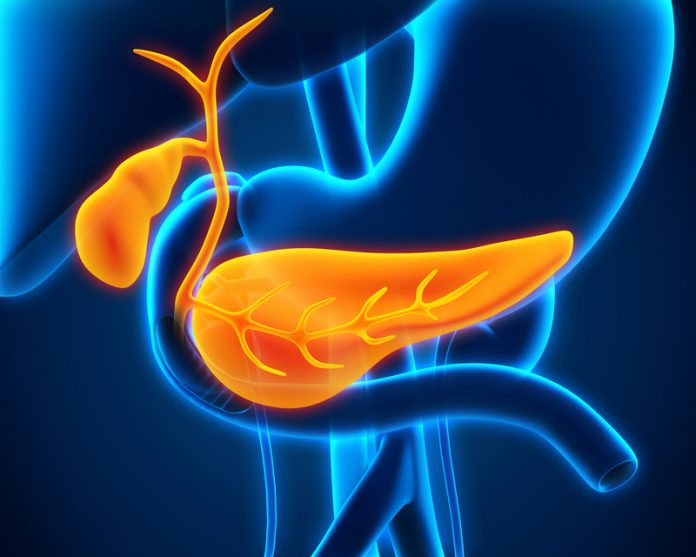A new treatment for pancreatic cancer could improve prognosis and increase survival rates…
Research from the University of Ulster could change the outlook for people who develop pancreatic cancer. The university said the treatment discovery could see tumours reduce in size by five times.
Pancreatic cancer is notoriously difficult to treat, with the lowest five-year survival rate of any common cancer. With just under 9,000 people diagnosed with this form of cancer in the UK each year research has been perhaps less than for more common cancers such as lung and breast. As such there has been very little improvement in the diagnosis and treatment of pancreatic cancer in the past 40 years.
This latest breakthrough involves injecting tumours with drug-coated oxygen micro bubbles. This drug is then activated by ultrasound. Researchers found the treatment significantly reduced the size of tumours in these patients. Pancreatic surgeon Mark Taylor said the result was “a very exciting development”.
He added: “If this local treatment can allow us to operate then we could have a five-fold increase in survival.”
“The potential is that we can reduce the size of these tumours by this targeted local therapy and that would allow surgery to take place.
“If you are able to give a targeted treatment without side effects in the rest of the body, then that helps extend survival. It is an excellent chance.”
From this discovery the university hopes more treatment options can be developed for advanced forms of the disease, improving the outcomes for patients.











